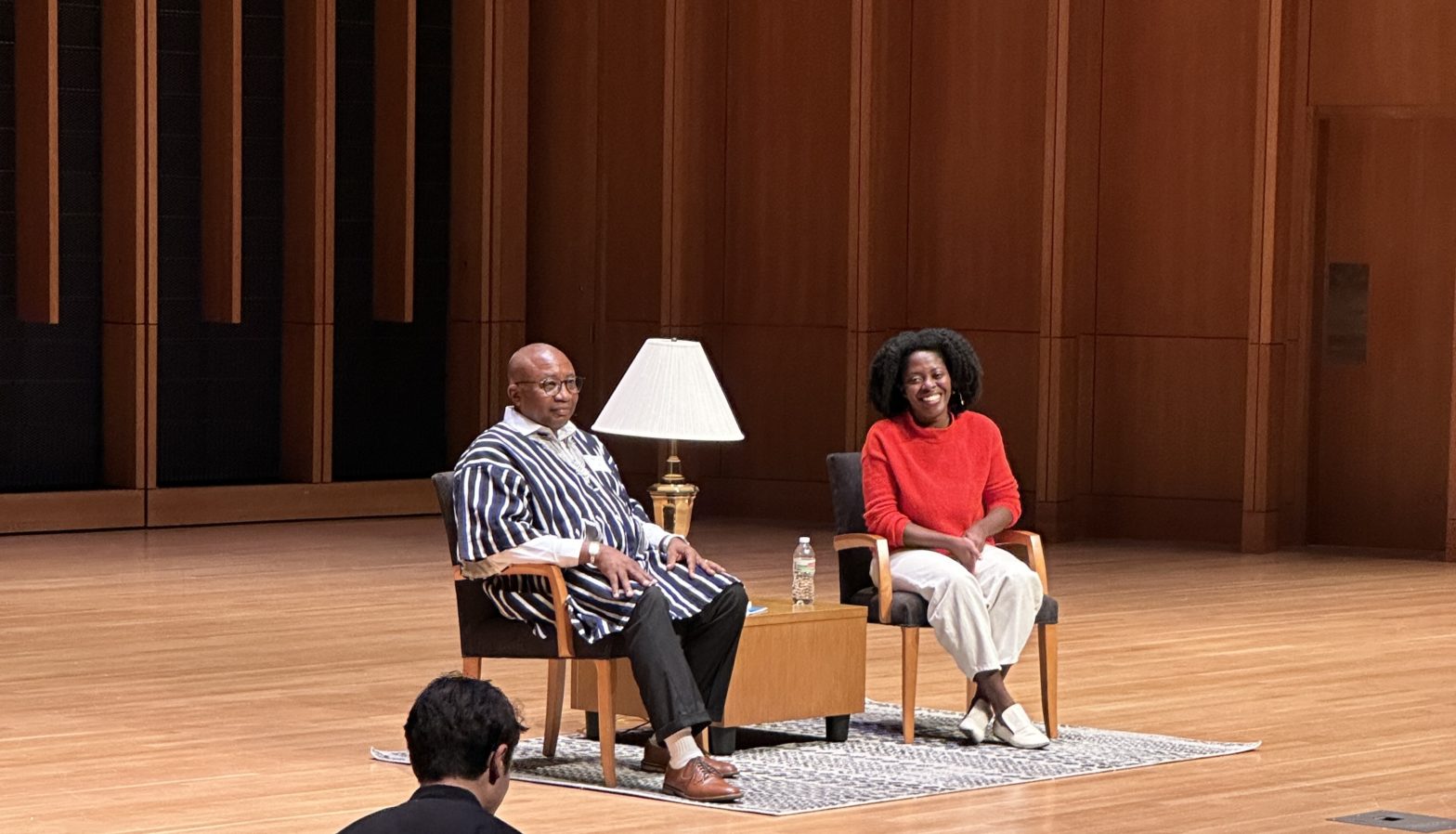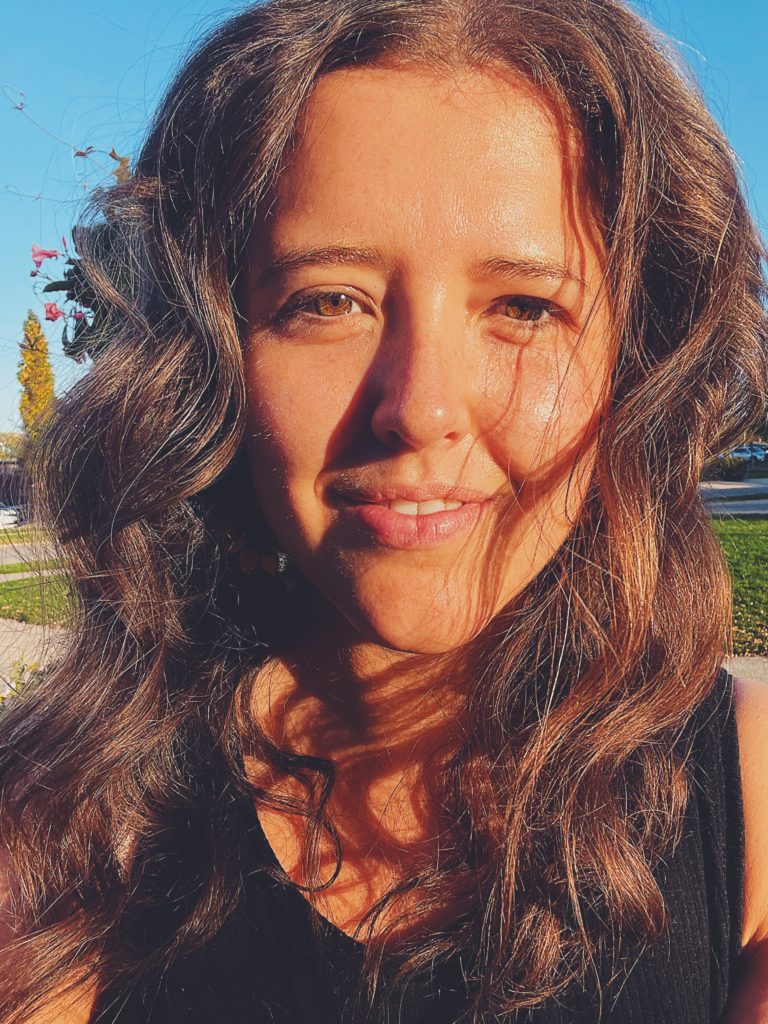By Kelsey Sivertson
What’s the origin of your last name?
I like this question. It’s a good icebreaker when getting to know new friends over a cinnamon roll for the table on a warm fall Saturday afternoon. I learned about one friend’s annual pesto parties where her extended family gathers to make fresh pesto and pasta together from recipes passed down from Italian ancestors. The other friend’s grandparents still live in Sweden, and besides frequently going to visit, she speaks fluent Swedish when she’s at home. Then they asked me.
Well, Sivertson means Son of Sivert. It’s Norwegian. My great-grandfather was a whaler who lived in Norway. Mom’s side is Dutch and English, and a bunch of other things…I trailed off.
Compared to their family traditions and connections, the things I knew about my family felt slim. It’s not for lack of wanting to know. I only have one living grandparent left. My dad comes from a hard background and my mom passed when I was young. Conversations about our lineage have been few and far between.
It’s funny how I cling to the things I do know. My great-grandfather the whaler. Waiting for big eyes and smiles when I present my one fun fact. Oh! My mom’s grandpa struck out Babe Ruth (she writes with no evidence to prove it other than her grandma’s repetitive stories). But the latter says nothing about the home the generations before me had.
The good news is that I can trace it, with some work. I can google. I can 23andme. I can ancestry.com my way back.
Monday evening, November 13, Yaa Gyasi, author of Homegoing, sat in conversation about her novel with Dr. Ernest Cole, chair of the English Department. One of the first things Gyasi spoke on was this concept of rootlessness. The idea of having no ties with a particular place or community. Homegoing follows the story of Maame, an Asante woman and her two daughters, Effia and Esi, separated by circumstance. Both Effia and Esi’s lines find themselves away from home, disconnected from the lives of those who preceded them.
While Gyasi explores rootlessness in the context of America’s heinous history of chattel slavery and the Atlantic slave trade, the concept of where one belongs and where one comes from holds universality.
The difference is though that for some, tracing lineage isn’t possible. Some have been robbed of the opportunity to know their families’ origin.
Knowing who we are tends to boil down in part to who we come from. And that boils down to who they come from. Begetting. And when there are gaps, they are felt. The spaces in our knowing crop up in weekend coffee hangs and in the larger sense of one considering their own identity.
Identity is one of those life-long pursuits. College is a chasm of young adults desperate to figure out who they are. On top of that is the weight of the West’s individualism, pushing people to intentionally separate and be their own singular self.
But can we ever separate identity from family? Gyasi’s Homegoing seems a fresh reminder that even in the midst ofAmerican individualism and desperate attempts to fill in the gaps on our own, we simply cannot escape that we are indeed our parent’s child. We come from people, who came from people, who had a home that is still affecting us today. Still shaping who we are, and who we are trying to be.
Kelsey Sivertson is a senior at Hope College, studying creative writing and theatre.




I agree – my father died before I was born in an accident – I lost that side and all of the grandparents were gone . So I have had to depend on genealogy to make sense of my heritage – it has been an interesting journey. In contrast my husband’s family immigrated from the Netherlands and never moved from this area. My ancestors moved from the East and the South and wound up in the West –
Scattered and fragmented.